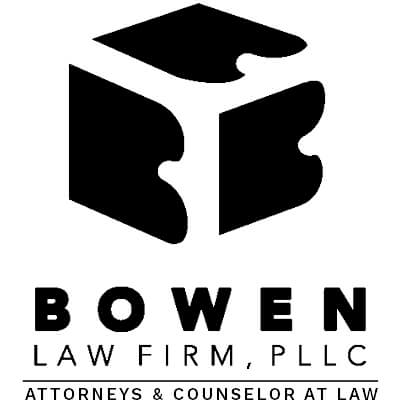Self-driving cars, also known as autonomous vehicles, have garnered significant attention in recent years. While self-driving cars offer numerous benefits, such as increased road safety, fuel efficiency and reduced traffic congestion, there are also dangers associated with their use.
Understanding a bit about the safety challenges associated with self-driving vehicles can help people in the market for a new vehicle decide if this technology is suitable for their needs. It may also help those who are injured in a crash wherein one is involved determine how to build a strong personal injury case.
Technology limitations remain
Although these vehicles utilize advanced systems like radars, cameras and machine learning algorithms to interpret their environment, these technologies are not infallible. For example, inclement weather conditions, such as heavy rain, fog, or snow, can reduce the accuracy of sensors and impair a program’s ability to react to conditions.
Road infrastructure, like poorly marked lanes or inconsistent traffic signals, can also challenge the vehicle’s navigation capabilities. These limitations highlight the potential for AVs to misinterpret road conditions, leading to accidents and endangering the safety of passengers and other road users.
Automated decisions might not prioritize properly
Self-driving vehicles are programmed to make split-second decisions in critical situations, sometimes involving life-and-death options. These decisions may involve prioritizing the safety of passengers over pedestrians or vice versa.
The challenge of encoding ethics into an AV’s algorithms presents a significant barrier to achieving a universally acceptable solution, which could lead to public mistrust and resistance to the widespread adoption of self-driving cars.
There’s very little chance that self-driving vehicles will be fully taken off the roadways in the future. In fact, it’s widely accepted that they will become more prevalent over time. All drivers who are utilizing this technology should remember that human control over the vehicle is still important.
For those who have been involved in a wreck with a self-driving vehicle, the challenge of determining where to focus liability comes into the picture if an injury victim decides to seek compensation. Working with a trusted legal professional who can assist you in this process may be beneficial, especially since Texas law limits how long you have to take legal action and making this effort can be a complex undertaking.

